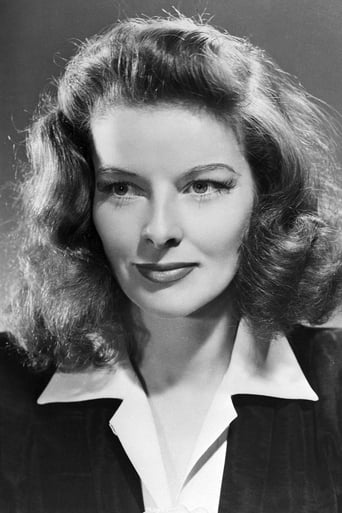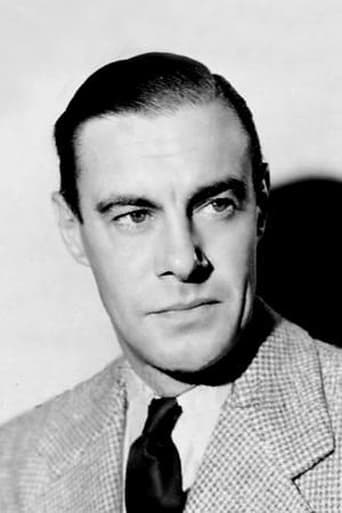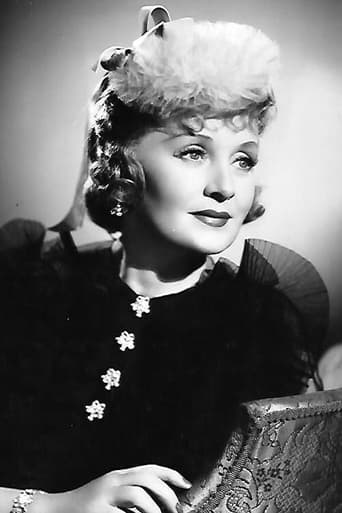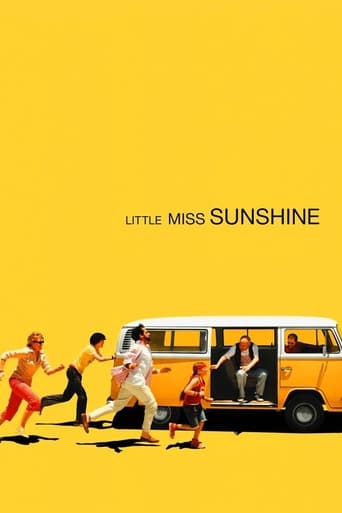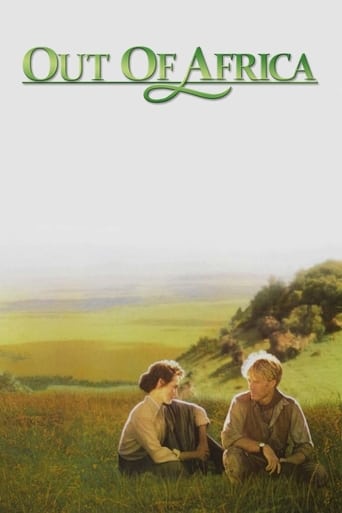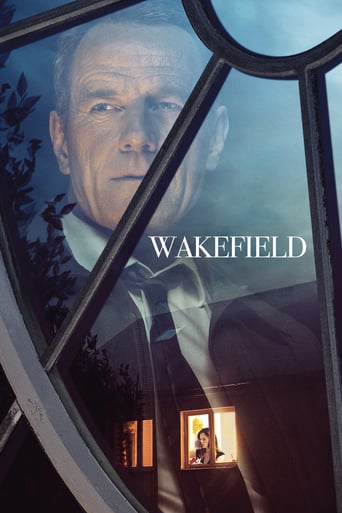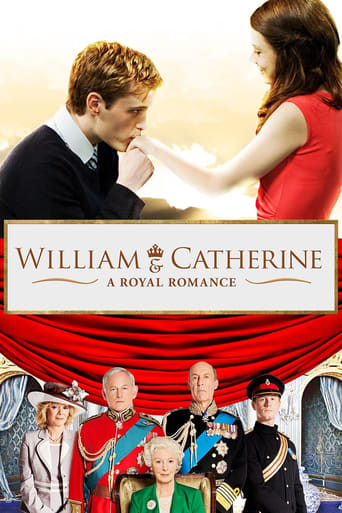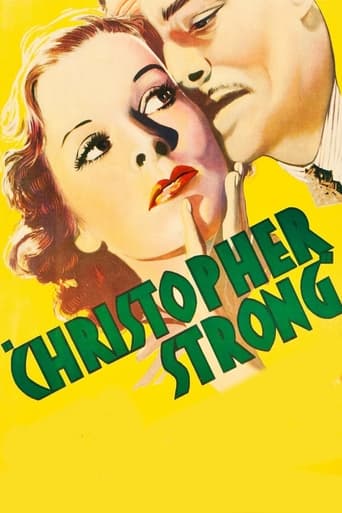
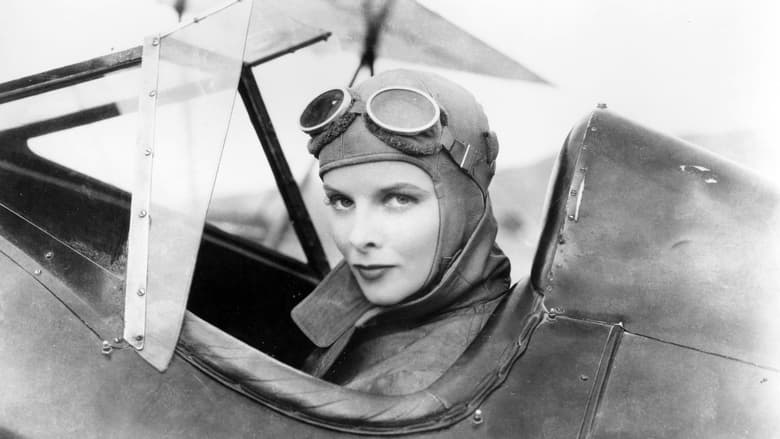
Christopher Strong (1933)
A romance develops between a happily married middle-aged British politician and an adventurous young aviatrix.
Watch Trailer
Cast
Similar titles





Reviews
Very well executed
Absolutely the worst movie.
Very interesting film. Was caught on the premise when seeing the trailer but unsure as to what the outcome would be for the showing. As it turns out, it was a very good film.
Great example of an old-fashioned, pure-at-heart escapist event movie that doesn't pretend to be anything that it's not and has boat loads of fun being its own ludicrous self.
My observations about this movie:This isn't pre-code. It's later-code. The code began 1930, and movie-making didn't pay much attention to its strictures until around 1934-1935 when the Hayes Code church ladies really tightened the screws. This is according to my recent film studies and theatrical critiquing coursework at university. Near-nudity Hollywood cinema was more prevalent before the early 1930s, yes, but in this movie (1933) there is a middle ground approach between total depravity and future movies where nonmarital pregnancies were pretended to not exist.Billie Burke was a Broadway stage star in the 19-teens, for impresario Charles Frohman. Later, she married Florenz Ziegfeld against Frohman's warnings (Frohman died 1915 in Lusitania disaster). Burke "retired" from show business. Ziegfeld lived high on the hog, and after many costly and fabulous theatrical productions was wiped out financially in the 1929 stock market crash. He died in 1932, a ruined man. Burke had tons of his debts to pay, so she went into movie acting. Her role in "Christopher Strong" (released 1933; maybe production began 1932) was dull, witless, dependent and boring -- at least it got a head start on paying Flo's bills. Burke's later roles included being airy and light in musicals, i.e. Glinda, the Good Witch of the North in "Wizard of Oz"/Judy Garland, and Mrs. Livingston Belney in 1949's "Barkleys of Broadway"/Fred Astaire-Ginger Rogers. Burke was the daughter of an English circus clown named Billy Burke. Billie's real name was Mary William Ethelbert Appleton Burke.Colin Clive was Dr. Frankenstein in two Frankenstein movies. One would not think of him as a romantic person, but in Christopher Strong he overcomes his wooden shell and actually falls for bold and daring Katharine Hepburn's virginal career-oriented athletic persona. One look from him at her famous slinky form-fitting moth costume was just enough to make him fall head over heels away from his boring, clingy Billie Burke spouse.Hepburn's Lady Cynthia Darrington was broke. She must also have lost tons of money in the stock market crash and ensuing worldwide Great Depression. She lives in a crappy looking apartment, but has household help and is known as Your Ladyship. Indeed, she did not look like a "lady". She was very mannish, except for wearing that moth dress. The director was mannish, and I think Cynthia's riding outfits looked a lot like pictures I have seen of Dorothy Arzner. Cynthia did not have Arzner's mannish hairstyle. At any rate, think of Lady Darrington as a leftover from a Downton Abbey-type family who lost their riches during World War One. She must have pawned a lot of jewels to pay her maids' salaries, and slept with a lot of wealthy men (off-canvas, of course) to pay for those expensive airplanes and flying lessons. Hepburn wears a DRESS in this movie (moth costume), plus a gypsy SKIRT in her movie "The Little Minister (1934).I have also studied aviation, and have heard many times that Cynthia was designed as a study of the real life of Amelia Earhart who died 1937, four years after the release of this movie. Maybe Amelia was also pregnant by one of her many male financial contributors, and decided to "disappear". The ending of Christopher Strong perhaps "strongly" predicted the future. Amelia also looked masculine at times, but just like Cynthia she really liked men and enjoyed their comforts much more than the public was led to believe. Also in real life, both Earhart and Katharine Hepburn knew Howard Hughes. Hughes contributed majorly to Hepburn's movie career expenses. Howard, also a famous aviator and inventor, may also have paid a lot of Amelia's expenses. 10/10.
This film is Katharine Hepburn's second film and her first in a starring role. In her first film, 1932's "A Bill of Divorcement", Billie Burke had starred with Hepburn fourth billed. Here the situation has reversed itself, and Hepburn supplants Burke in more ways than one. Hepburn plays Lady Cynthia Darrington, a member of the British gentry whose family has lost its money. As a result, she pursues aviation for both her love of it and for money to try and restore the family fortune. She has forsaken love up to this point in her life, and as the result of a human scavenger hunt at a party attended by one of her friends, she winds up at the party because she is a virgin, and Christopher Strong (Colin Clive) winds up there because he is a faithful husband to Billie Burke's character. The two meet, fall in love, and eventually this leads to the loss of what distinguished both of them in the first place.There are several things that make this film interesting - not the least of which being that Hepburn's role turns out to be semi-autobiographical. In actuality Hepburn was an athletic and independent woman of aristocratic roots who fell for a married Spencer Tracy who also never technically divorced his wife. Then there's that metallic moth suit complete with antennae that Cynthia wears to a party - yikes! And the middle-aged Lord Strong doesn't even do a double take when she walks in wearing this outfit. So much for the stuffy image of the British aristocracy. The ending is odd since it doesn't seem consistent with Cynthia's strong independent streak. Her solution to her dilemma when she realizes that, although Strong loves her, he would only actually leave his wife out of a sense of duty to Cynthia, seems completely out of character. Also, Billie Burke does such a good job of playing the wronged wife who suffers in silence and dignity that it is really hard to sympathize with anyone but her. Finally, the title is a bit of a mystery. The title character, Christopher Strong, is really secondary to Hepburn's Cynthia Darrington, and I can't help but wonder why the film wasn't titled after Hepburn's character instead.Director Dorothy Arzner, the only female director in Hollywood during this time, certainly took some chances with this one. Some of the film worked and some of it didn't, but I don't think it would have had a chance without Hepburn in the lead. I recommend this film to anyone interested in the evolution of Hepburn's acting style.
Chiefly of interest as one of Katharine Hepburn's early RKO films, "Christopher Strong" is worth a look for her fans, yet other than that, it's pretty much just another melodrama. Hepburn plays a feminist flier who falls in love with the married man of the title, played by Colin Clive. Lots of tears and hand-wringing follows as the affair deepens. I like Hepburn in the role, she is always interesting to watch, but even now (as she did back then) she seems a bit too arch to really connect to the audience. I have no idea why she falls for Clive in this one. The man is as stiff as a board and not that attractive. Helen Chandler's performance as Clive's troubled daughter fascinated me. Chandler herself was an alcoholic, and she is unnervingly right for her role. Billie Burke also stars as the wife who Clive cheats on. It's a pre-code so we even get a bedroom scene of sorts, but the film reaches a very post-code solution by the end. All in all, a decent melodrama from Arzner, and a striking Hepburn (she wears the moth suit in this one) performance, but not really anything great here.
Sir CHRISTOPHER STRONG, staunch family man and Conservative MP, finds himself falling in love with a free-spirited aviatrix.Given splendid production values by RKO Radio Pictures, this high-class soap opera proved to be an excellent showcase for the talents of young Katharine Hepburn. Tall, angular, tomboyish, in a role patterned after Amelia Earhart, Hepburn is utterly fascinating as the woman who's never loved. Whether striding about in men's clothing or swathed in an outrageous moth costume, she makes the heartache & jubilation of her character play across her expressive features. It is almost painful to try imagining anyone else in the role. Her final scene, as she gives the ultimate sacrifice, is especially poignant.Colin Clive seems an unlikely choice as the object of Hepburn's passion, but he acts his part with great earnestness, deftly underplaying what could have easily been a stiff & cardboard characterization. In a serious role, the wonderful Billie Burke skillfully delineates the agony of the unloved wife. Like Hepburn, she remains in the memory long after the film ends.Helen Chandler & Irene Browne, as Clive's daughter & sister respectively, do well with their portrayals of socially irresponsible females. Ralph Forbes, as an upper class philanderer, also resonates in an important supporting role; here was an actor with the talent & charm to have become a major Hollywood star, but it was not to be.Pioneering director Dorothy Arzner includes subtle suggestions of the sapphist in Hepburn's character, to be rejected or respected by individual viewers. As it is, certain situations in the plot show its pre-Production Code status.
